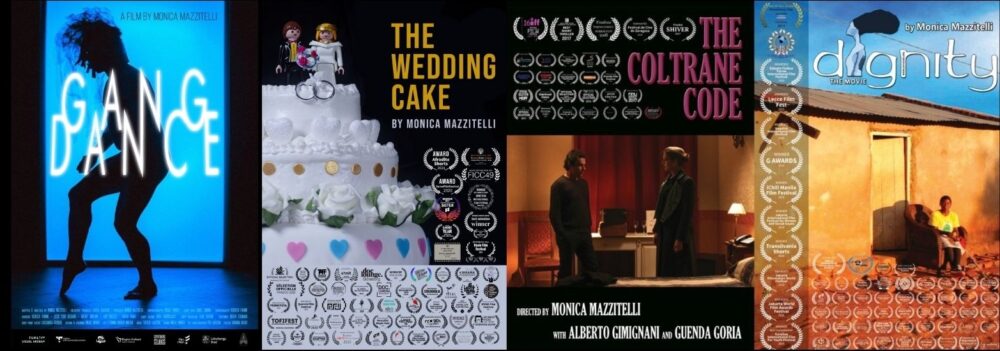[Some sad reflections about the flop of the #metoo in Italy. Originally published in Italy (in Italian) by “Le Donne Visibili”, “La Poesia e lo Spirito” and “Popoff”. Illustrated by Eliana Como. Translation edited by Cinzia Guerriero and Niko Despopoulos]

A feeling like a point of no return.
Like in H.C. Andersen’s tale – The Emperor’s New Clothes – at one point a scream was enough: so too were the first women in the Hollywood Star System who had the courage to let out and come clean of shame, anger, frustration, fear and uncertainty. From there, a few days later, the first post with #metoo hashtag starts to spread around and in a couple of nights it becomes an avalanche. Figures are updated by the hour to count thousands and thousands western women who have found the strength to tell their story from the multitude. Whether it concerned a harassment on a bus or a rape, so many hands rose, and the river became a flood, an event that was impossible to ignore. Thanks to the social networks, Western women finally met, though without having ever set eyes on each other, and in the sisterly and warm wave of saying “me too” formed a sort of alliance, with the strength that women have when they get too tired to slip anything else thru.There was a before, where the tongue was disheartened by fear and shame, and now there is an after where none of us will ever feel alone but have learned once and for all that what is happening is common, shared, non-guilty always and in any case, to be fought against always and in any case. And perhaps from a current percentage of 99.9 of women who have hitherto kept silent, we may reach a 50% crying out their October Revolution, just one hundred years from the Russian one.
But Italy stumbled into its rotten patriarchal scheme, rape culture. Not all of us may be familiar with this concept that not only involves the concept of a general acceptance of rape as a social practice (including also victim blaming) but our own whole outlook on woman behavior. In general, we can summarize rape culturing as an act of stigmatizing women victims of rape as deserving it, as if they sought for it. Not only by the way they dress or make up, but by their behavior towards men in general, their lifestyles, their usual sexual behavior, and also their (ab)use of drugs and/or alcohol.
The idea in general is that when a woman is going to court against her rapist (the few that have the strength and the courage to go all that way), she’d better have a very middle-class lifestyle or else she’s is very likely to be challenged to have provoked her assailant/s. The verdict will always (even in the best gender equal democracies such as Sweden) tend to take into consideration how the victim has dressed/behaved in order to ascertain how much she had solicited her rapist. And no matter how unwilling the victim was to have sex with that specific person (or group of people) in that specific moment, she would be charged with a responsibility of that act.
In addition, it is accepted without the slightest problem that there are women willing to sell their body to gain a benefit that in most cases means getting a job. As if it were a “choice”, an act of will, and not as something that is always dictated by a lack of power. Without the slightest understanding that it is part of a commercial attitude towards the female body as a possible and plausible commodity, deprived of its fair inviolability.
And one should not be surprised that there are women who have ferocious attitudes towards other women, because rape culture means also this: blaming others to stand as pure, for fear of being considered as prostitutes, in whatever context we want to use this term. Moreover, why should we expect women to be free from patriarchal mentality when they are living in it all day long, like men? How can one criticize them when they only express the same concepts of the men they grow up and live with?
The patriarchal system has been such for thousands of years and it is only since the last century that women started to have a place outside their homes, which caused a sort of “revolution” in some social mechanisms, even in a nation like Italy albeit in a Christian-democratic way. Why did Italy become one of the few countries where #metoo provoked so much indignation, irritation, and all those phenomena described about rape culture? It happened because this bilious green salsa has been sobbing for over twenty-five years in the ganglia of a power: media driven because it is political, and/or political because it is media driven, difficult to tell the chicken or the egg. Certainly, our Television Lord and Master of State, the Italian Minotaur, has won once again, even now that he is no longer holding a seat in the Parliament. And his legacy about women, reinforced by a series of tv programs that started in the Eighties and never stopped, has had a gigantic and pervasive ill influence on the perception of women, that will be hard to erase.
